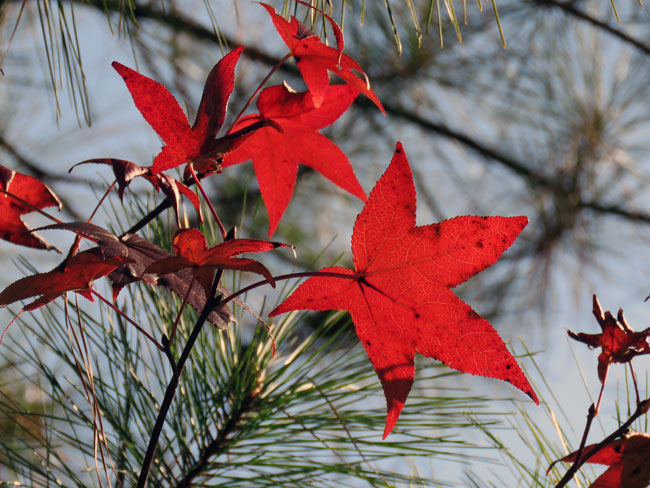Special Note: I hesitated to share the following post because it might come across as a big dose of self-pity. I know many people quietly contend with chronic illnesses without complaint, but somehow after five years I wanted to acknowledge my daily struggle. In spite of it, though, there is still much in my life that I enjoy, including being with my loving family and the things I usually write about, and take pictures of, in this space. My next offering will be back to the usual.
🍂
Given the ease with which health infuses life with meaning and purpose, it is shocking how swiftly illness steals away those certainties. It was all I could do to get through each moment, and each moment felt like an endless hour, yet days slipped silently past. Time unused and only endured still vanishes, as if time itself is starving, and each day is swallowed whole, leaving no crumbs, no memory, no trace at all.
~ Elisabeth Tova Bailey
(The Sound of a Wild Snail Eating)
It’s hard to believe it’s been five years since I received my radiation proctitis diagnosis on January 3, 2020. It’s been a difficult journey, learning how to live with a chronic illness. I feel like Sisyphus, continually pushing a boulder up a hill, with no reasonable hope for relief.
I’ve learned that radiation proctitis is called pelvic radiation disease by the medical system in the United Kingdom, a much more comprehensive description than we have here in the United States.
In the last few decades radiotherapy was established as one of the best and most widely used treatment modalities for certain tumours. Unfortunately that came with a price. As more people with cancer survive longer an ever increasing number of patients are living with the complications of radiotherapy and have become, in certain cases, difficult to manage. Pelvic radiation disease (PRD) can result from ionising radiation-induced damage to surrounding non-cancerous tissues resulting in disruption of normal physiological functions and symptoms such as diarrhoea, tenesmus, incontinence and rectal bleeding. The burden of PRD-related symptoms, which impact on a patient’s quality of life, has been under appreciated and sub-optimally managed.
~ Kirsten AL Morris & Najib Y Haboubi
(World Journal of Gastrointestinal Surgery, November 27, 2015, “Pelvic radiation therapy: Between delight and disaster”)
Quality of life — how on earth can it be measured?
The necessary low fiber, low fodmap diet is terribly restrictive and makes eating with others and/or eating out in restaurants very awkward. I need to bring my own food.
The unpredictable and painful flare-ups of symptoms keeps me from making too many plans and the plans I do make need to be tentative. It’s frustrating, but the alternative is to never go out and do anything.
In my darkest moments I feel like this steep price paid for cheating death is not worth it.
The Heart asks Pleasure — first —
And then — excuse from Pain —
And then — those little Anodynes
That deaden suffering —
And then — to go to sleep —
And then — if it should be
The will of it’s Inquisitor
The privilege to die —
~ Emily Dickinson
(The Poems of Emily Dickinson, #588)
Coping mechanisms — there are quite a few…
Gathering information and helpful tips from my sympathetic gastroenterologists (both in Connecticut and North Carolina) — I’ve been lucky with that. (On the other hand, the radiologist and oncologist who dished out the radiotherapy were shockingly unsympathetic about the iatrogenic disease this cancer treatment caused.)
Finding the Pelvic Radiation Disease & Radiation Colitis support group on Facebook. It’s validating to know others who understand what it feels like to be living with this.
Working on my original 2020 goal “to take a walk in the woods.” Spending time with nature and capturing its wonders with my camera is very healing.
Reducing stress by practicing yoga, reading poetry and books, and listening to music. (I’m so grateful for the beautiful Chapel Hill Public Library and for my playlists on Spotify!)
Distraction = long hours of family history research.
Learning to say “no” (and trying not to feel guilty about it) when I need to rest and recuperate.
What a long strange trip it’s been these last five years, running concurrently with the pandemic in the beginning, and complicating our move to North Carolina. Most of all, I’m grateful for my husband. Tim lends a patient and supportive listening ear, bearing witness to my pain and struggle. I honestly don’t know how I would have gotten this far without him!
🍂































